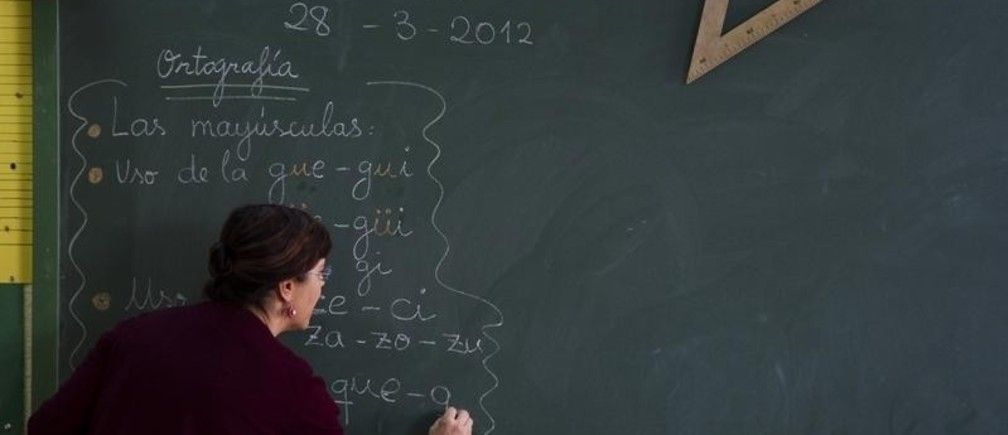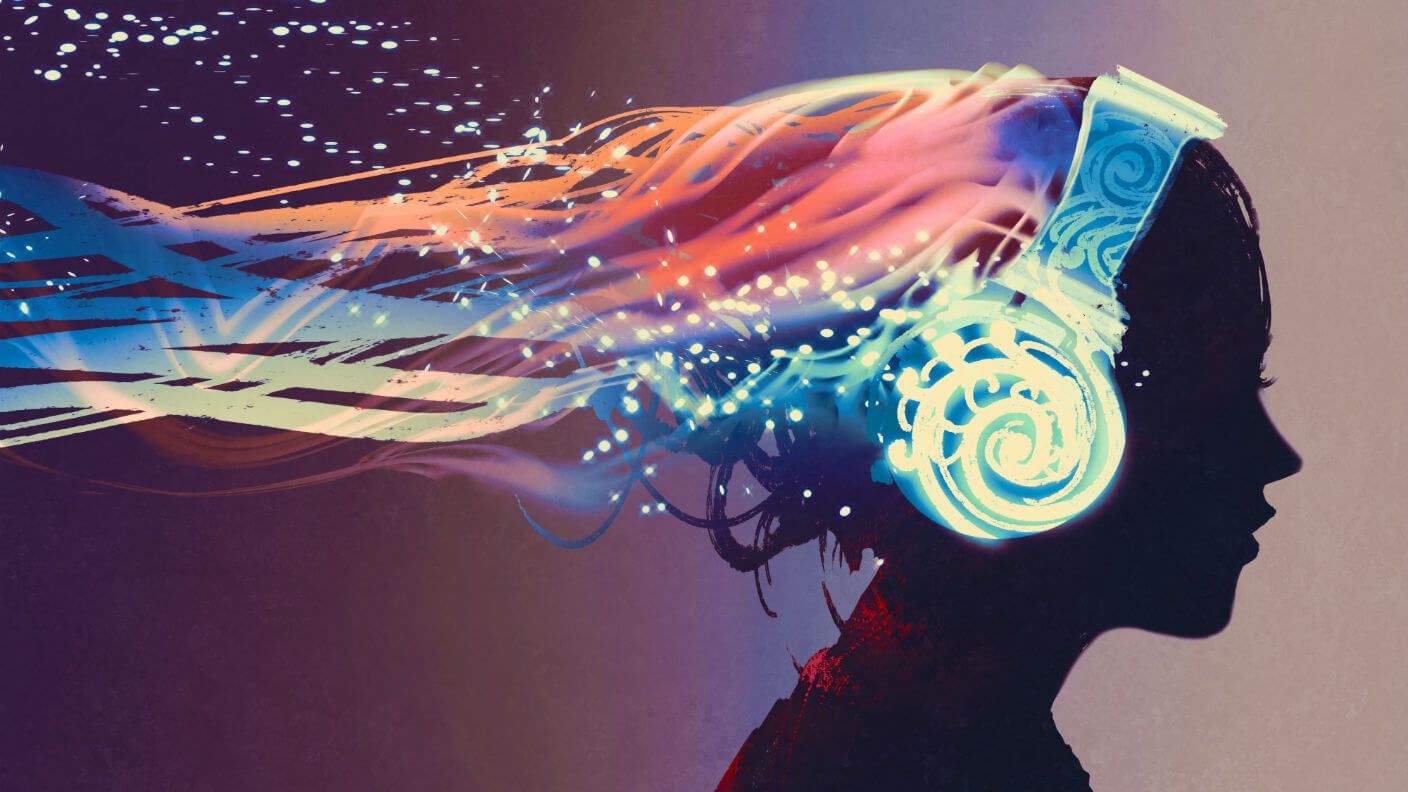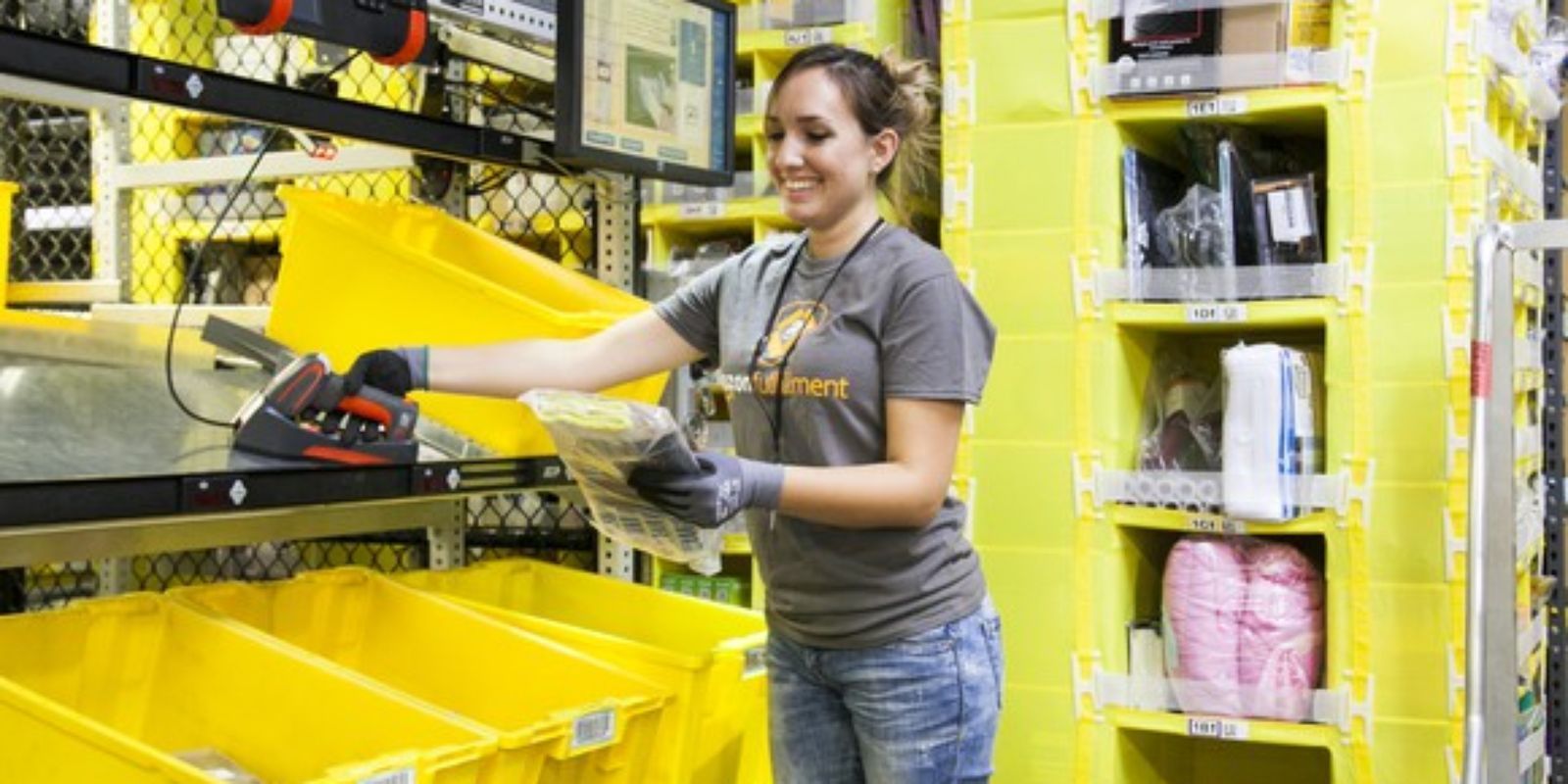Professor Panos Athanasopoulos, a linguist from Lancaster University and Professor Emanuel Bylund, a linguist from Stellenbosch University and Stockholm University, have discovered that people who speak two languages fluently think about time differently depending on the language context in which they are estimating the duration of events.
The finding, published in the ‘Journal of Experimental Psychology: General’, reports the first evidence of cognitive flexibility in people who speak two languages.
Bilinguals go back and forth between their languages rapidly and, often, unconsciously — a phenomenon called code-switching.







